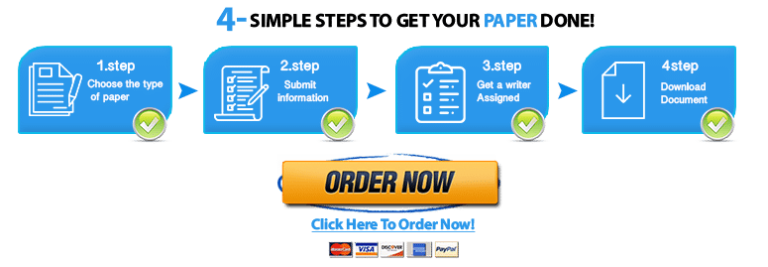Purpose
The purpose of this assignment is to demonstrate your comprehension of one of the central
topics covered this semester – either the problem of skepticism or the problem of personal
identity.
Skills
This assignment will help you practice the following skills:
• Reading comprehension.
• Working with abstract concepts.
• Assessing philosophical idea.
• Presenting philosophical ideas in writing.
Knowledge
This assignment will help you become familiar with the following content.
• Epistemology
• Skepticism
• Metaphysics
• Logic
• Personal Identity
Essay One: Skepticism
*First
At college, Descartes was taught a philosophy called “scholasticism,” the dominant
philosophy of late-medieval Europe. Describe some key theses of scholastic philosophy
(like geocentrism) that Descartes rejected. (20 points.)
*Then
Because he rejects scholasticism, Descartes decides to tear down his entire worldview
and start over with fresh foundations. Descartes therefore sets his standard for belief
very high. How high? – what does Descartes require of knowledge beyond justification
and truth (starts with a “C”)? How does Descartes decide whether or not he will keep
believing something he previously believed or discard it (starts with a “D”)? (20 points.)
*Then
Explain what it means to be certain of a belief, using the concept of “sentence
competitors.” Use an example of something most people think they know that they can’t
actually know because they can’t rule out all of that belief’s competitors. (20 points.)
*Then
Describe the reasons found in Descartes’s first meditation that lead to the skeptical
conclusion that we can’t know that we inhabit a shared physical, 3-D world. Describe the
idea of the malicious demon that is central to the skeptical argument. How does it
supposedly demolish any hope of knowing anything about the world around us? Explain
why this outlandish scenario need not actually be true, nor need we believe that it is true,
for it to have this effect. (If you’d like you can compare the evil demon to a brain in a vat
or The Matrix). (40 points.)
Whereas Descartes’s argument leads to the conclusion that our evidence is never good enough to
know that an external world exists outside our mind, David Hume’s argument leads to the
conclusion that, even if we know the world exists, reason and observation can never tell us how
the world works. This is not because we are just too dumb, it’s because there’s no way to justify
our beliefs in the laws of nature.
*So
Explain what it means that laws of nature, if knowable, are knowable a posteriori. Since
the laws of nature are not themselves directly observable, how is our purported
knowledge of them based on observation? (20 points.)
*Then
Explain why Hume thinks we can’t justify our belief in the laws of nature. What
assumption does our belief in the lawfulness of nature depend on that, according to
Hume, cannot be justified a priori, by valid deduction, by direct observation, or by
induction? Why can’t any of these methods justify the assumption? (30 points.)
*Finally
Describe what you’ve concluded about the possibility of a posteriori knowledge of the
world, in light of Descartes and Hume’s arguments. Do you believe we can know
anything about the world outside our own mind? If so, which of their premises do you
reject, and why? If you accept their skeptical conclusion, do you believe that you have
taken this class? Does your acceptance of skepticism entail that every belief is just as
good as any other belief, and you might as well believe whatever you want regardless of
your evidence? Why or why not? (30 points.)
Criteria for Success
Your paper must be in double-spaced 12-point font, Times New Roman, Vani, Georgia, Libre
Baskerville, or Calibri. Give it an appropriate title and bold and/or underline the title. Make sure
your name and date are on it, but don’t put the name of the professor.
• Every step of the task is completed, and in the proper order.
• Every step is written in your own words. You may quote Descartes, Hume, Locke, Parfit,
or any of the course material, but if you do be sure to use proper attribution, and don’t go
overboard with it. You should not be citing or quoting outside sources.
• The paper does not contain any “filler,” i.e. sentences unrelated to the prompt or their
paragraph’s main idea.
• The paper is turned in on time.
• The paper has the proper typesetting spelling, grammar, paragraph structure and
editing.
Correctly following these criteria is worth 20 points.
